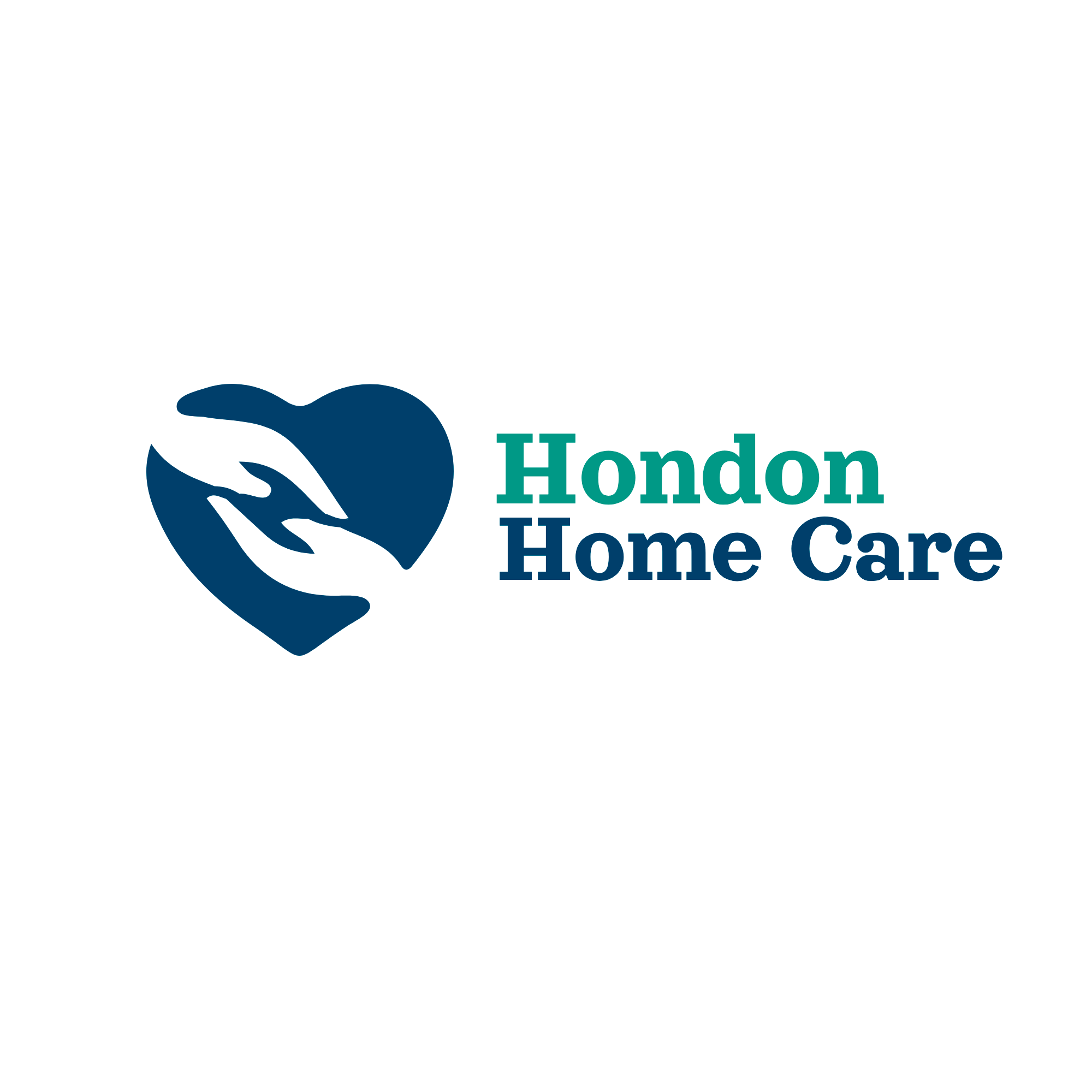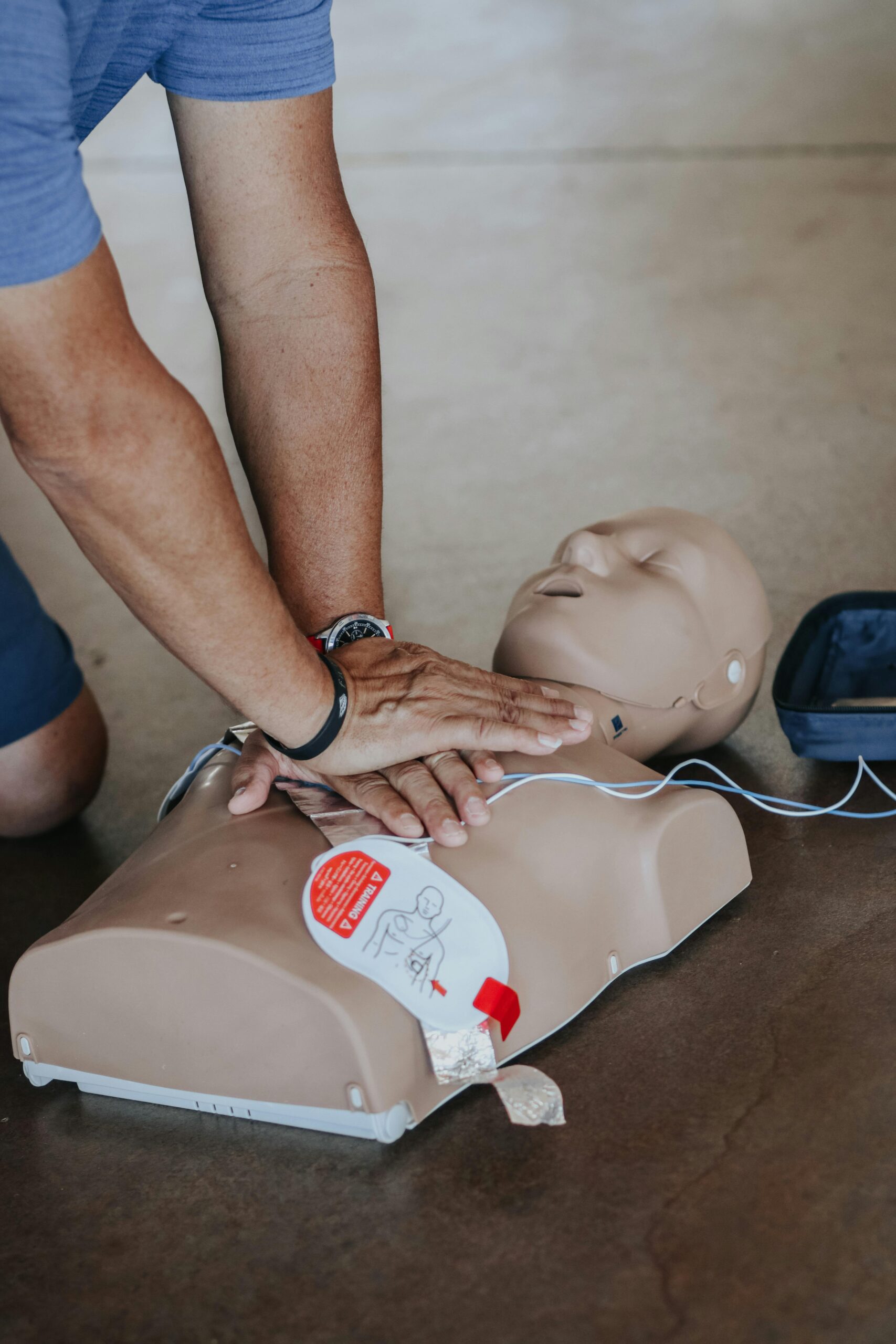Managing addictions is a complex process that requires a comprehensive approach, as addictions can be both substance-related (drugs, alcohol, tobacco) and behavioral (gambling, internet, shopping). Here are some key strategies and approaches to addressing addictions:
- Recognizing the Problem
The first step is for the person to recognize that they have an addiction problem. This can be difficult due to denial or minimization of the addictive behavior.
Intervention by family or friends can be helpful in helping the person gain awareness.
- Seek Professional Help
Psychological Therapy: A psychologist or addiction therapist can help identify the underlying causes of the addiction and develop strategies to overcome it.
Medical Treatment: In cases of substance addiction, medical treatment may be necessary to manage withdrawal and detoxification symptoms.
Support Groups: Programs such as Alcoholics Anonymous (AA) or Narcotics Anonymous (NA) offer a space for mutual support and follow-up.
- Detoxification and Withdrawal Management
In substance addiction, detoxification is a crucial step. It must be supervised by medical professionals to ensure patient safety.
Withdrawal symptoms can be physical and emotional, so it is important to have medical and psychological support.
- Specific Therapies
Cognitive-behavioral therapy (CBT): Helps identify and change patterns of thinking and behavior that contribute to addiction.
Motivational therapy: Strengthens motivation to change and maintain recovery.
Family therapy: Involves the family in the recovery process, as addictions often affect everyone around them.
- Developing Coping Skills
Learning to manage stress, anxiety, and other emotions without resorting to the addictive substance or behavior is essential.
Techniques such as meditation, exercise, and relaxation can be helpful.
- Relapse Prevention
Relapses are common in the recovery process. It’s important to identify triggers (people, places, situations) and develop a plan to avoid them.
Maintaining a support network (family, friends, support groups) is key to preventing relapse.
- Lifestyle Changes
Adopting healthy habits, such as a balanced diet, regular exercise, and adequate sleep, can strengthen recovery.
Avoiding environments or people associated with addiction is critical.
- Medication Use (in some cases)
In addictions to substances such as alcohol or opioids, medications may be used to reduce cravings or block the effects of the substance.
This should always be supervised by a doctor.
- Emotional and Social Support
Support from family, friends, and support groups is essential to maintaining motivation and overcoming challenges.
Addiction can lead to feelings of guilt and shame, so it is important to work on self-acceptance and forgiveness.10. Patience and Perseverance
Recovery is a long-term process that can have ups and downs. It’s important to be patient and not get discouraged by difficulties.
Celebrating small achievements can help maintain motivation.
Additional Resources:
Helplines: Many countries have toll-free phone lines for people seeking help with addictions.
Mobile Apps: Some apps offer recovery monitoring and support.
Rehab Centers: These offer residential or outpatient programs for addiction treatment.
If you or someone you know is struggling with addiction, it’s important to seek help as soon as possible. Addiction is a treatable disease, and with the right support, it’s possible to regain control of your life.
New chat




